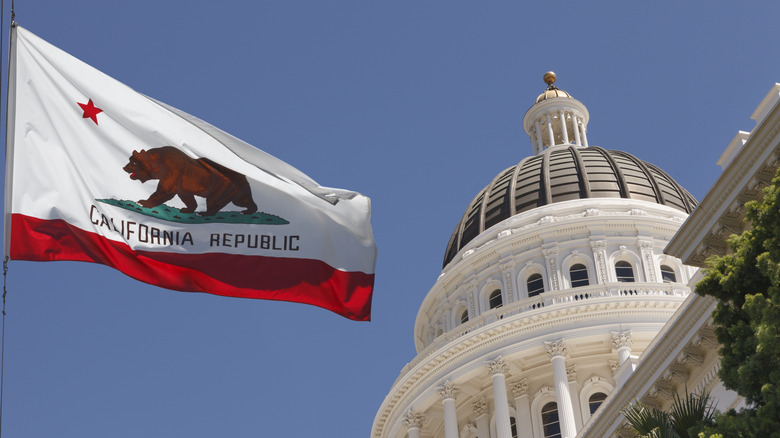
The newest technique that companies are using to increase their profits is setting prices on an individual basis based on how much you're willing to pay, your "pain point." A bill making its way through the California State Legislature to ban rideshare services, like Lyft and Uber, from using AI-driven surveillance pricing. Industry groups and corporate lobbies claim the bill is unnecessary with current data privacy laws and would impose a significant cost on businesses that use pricing algorithms, allegedly raising prices for everyone.
Senate Bill 259, authored by Senator Aisha Wahab, would stop retailers from using artificial intelligence to exploit your phone's data to impact pricing. According to the Markup, the Fair Online Pricing Act would ban your phone's model, battery level, installed apps and geolocation data from being used as variables in a personalized pricing algorithm. When you download and use a rideshare app, it sends far more data to the service beyond your pickup location and your desired destination. In theory, a service could charge you more if you're on a vacation in a foreign country, instead of your hometown, because they know you would be willing to pay more. It would be the same if your phone's battery is low and you're trying to get home.
 Dustypixel/Getty Images
Dustypixel/Getty Images
It's safe to say that Silicon Valley is vehemently opposed to this bill. The California Chamber of Commerce and seven other industry organizations sent an opposition letter to the Senate Judiciary Committee. CalChamber policy analyst Ronak Daylami wrote:
"We are concerned that SB 259 seems to assume that any consideration of this type of information is inherently predatory or otherwise unfair. As a result, the bill would unfairly cause companies to overhaul their pricing models and strategies at significant cost, to the detriment of both the businesses themselves and their consumers."
The industry argument is that it's better for the customers if businesses can use data to make real-time pricing decisions to undercut their competitors. However, hypothetically, if Uber's pricing can be impacted by whether or not Lyft is installed on a phone, how does that benefit the consumer? No amount of personalized deals or discounts could compensate for the one moment someone's exploited because they forgot to charge their phone before a night out.
Rideshare services aren't the only businesses under scrutiny for implementing AI-based pricing. Delta Air Lines announced last month that it will be abandoning set pricing. Glen Hauenstein, the airline's president, stated that 20% of all flights will be priced using AI by the end of the year. Of course, he also bragged about the "amazingly favorable unit revenues" that surveillance pricing has already brought in.
















